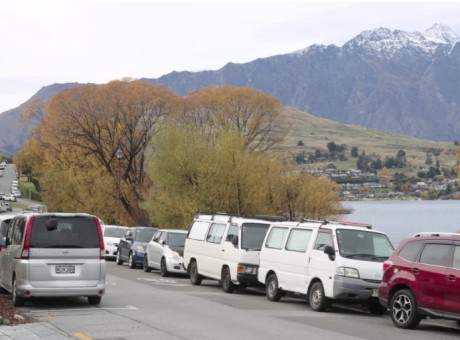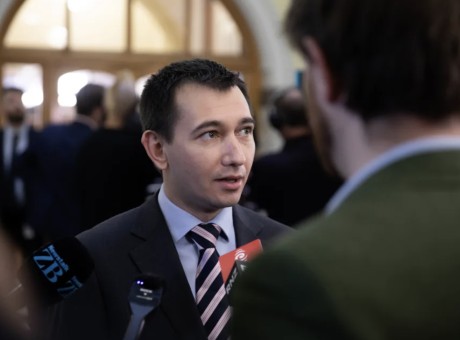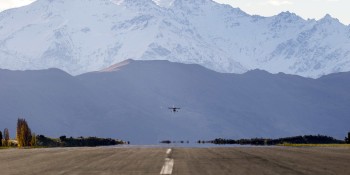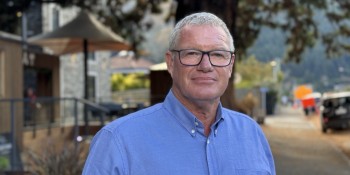Covid-19: Cases climbing as health system heads for a Christmas crunch
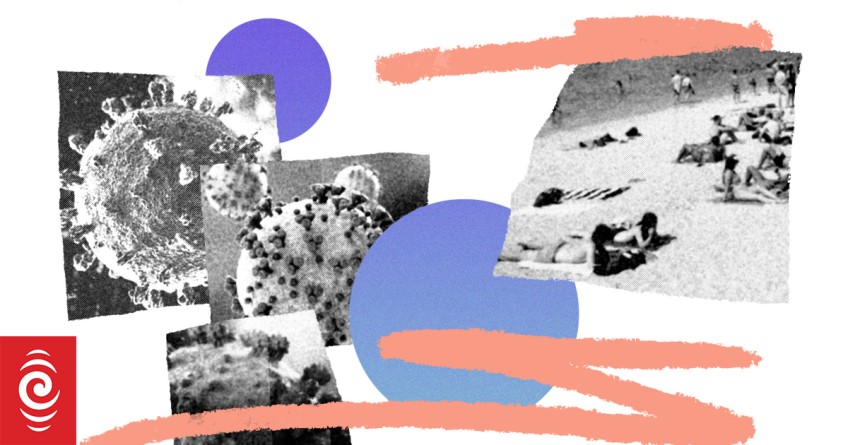
Photo: 123rf.com - RNZ / Composite Image - RNZ
It looks set to be a not-so-merry Covidy Christmas for many people, with one modeller warning one-in-20 could be infected during the height of the festive season.
However, because hospital admissions usually lag by a couple of weeks, the early new year threatens to be the real crunch time for the health system.
Taupō Hospital emergency doctor Jeremy Webber said Covid-19 had beaten the holiday hordes to town.
"Last weekend, for example, I saw more Covid-positive patients than I saw in those first waves a few months ago.
"On top of that, we know we've got a lot of under-reporting, so we're getting a lot more Covid cases than we're getting data on."
Webber, who is also clinical director of the rural health network Hauora Taiwhenua, said unlike big city hospitals, smaller centres had no back-up if one or two staff went off sick.
"We've got a small health workforce that has struggled to date to meet the status quo, then you add in the holidaymakers and it really does put a strain on our health system."
People could help keep the pressure off by sorting out routine prescriptions and preparing for minor ailments before going on holiday, and "saving the emergency department for emergencies".
"Also, just heed the usual protections, handwashing, masks, staying home if you're sick."
College for Emergency Medicine chair Kate Allan agreed holiday hotspots were most vulnerable.
"If you think of the Coromandel, Thames, Northland, Queenstown, Wanaka - the populations of those places booms at this time of year.
"So those hospitals are under significant pressure, and if they're already understaffed, that creates additional issues."
Doctors and nurses were not immune to those same viruses circulating, which were making more holes in rosters, she said.
Last week Dunedin Hospital was forced to close a surgical ward to visitors after patients were exposed to Covid-19.
Nurses Organisation president Anne Daniels, an ED nurse in Dunedin, said hospitals nation-wide were chronically understaffed and staff were already plugging too many gaps.
"And then you have sickness on top of that. So with the Covid numbers rising, it's putting real pressure on the staff that do get to go to work.
"Many of them are working huge extra hours, over-time, coming in on their days off, to support ... try and support - safe care."
Hospitals were struggling with so-called "bed block", with some patients waiting up to 24 hours in the emergency department to be admitted to hospital because there were no beds free, she said.
Co-lead of the Network Contagion Modelling programme at Auckland University, Dion O'Neale, said many people who had "worked hard to avoid the virus" were now getting infected.
"Before when they got on a bus in a mask, there were lots of other people wearing masks, so they are more vulnerable now.
"And a lot of the time, the reason those people were trying to avoid infection is because they have some underlying health condition, which they know makes them more susceptible to serious illness.
"So this time around, even though the pathogen might not be worse, the health impacts could be worse."
There were still "huge amounts of uncertainty" in the modelling, with fickle weather and people's behaviour the great unknowns, Dr O'Neale said.
However, it was possible that one in 20 people could have Covid-19 in the week of Christmas.
"Between 30 to 40 percent of infections are asymptomatic, so it's a good idea to do a RAT (rapid antigen test) before you go to a large social event or visit more vulnerable people."
Te Whatu Ora's national director of hospital and specialist services, Fionnagh Dougan, said there were national and local plans in place to support services over the summer holiday period.
"Additional response capacity for surges has also been a focus for hospital teams.
"These rosters take into account a possible surge in hospitalisations due to Covid, but also other health events in hotspots that receive a large amount of tourists and festival-goers."
Non-urgent care like elective procedures and specialist appointments were typically not scheduled at this time, although emergency surgery and cancer treatment would continue throughout the holiday period.
With the newly "joined up health system", it would be easier to move resources around to regions that needed support, Dougan said.
Emergency doctor Kate Allan said New Zealanders could do their bit to not over-burden the health system by drinking in moderation, not taking drugs and driving safely.
"And be careful with your new toys and that will hopefully prevent you having a bad day on Christmas and New Year and needing to come to the emergency department."







